Are you looking for Best Payment Gateways in Switzerland? If Yes, You are at the Right Placce.
Switzerland, a global hub for finance and innovation, boasts a thriving e-commerce market that continues to grow rapidly. With a population of over 8 million and an internet penetration rate exceeding 90%, Swiss consumers are increasingly shifting toward digital payments. As of Jan 15, 2025, the demand for reliable, secure, and versatile payment gateways is higher than ever, driven by the country’s multilingual and multicultural landscape, strong economy, and preference for seamless online transactions.
Whether you’re a small business owner, an e-commerce entrepreneur, or a multinational company eyeing the Swiss market, choosing the right payment gateway is critical to ensuring customer satisfaction and operational efficiency.
In this article, we’ll explore the top 10 payment gateways in Switzerland, highlighting their features, strengths, and suitability for various business needs. These gateways have been selected based on their popularity, support for local payment methods, multi-currency capabilities, security standards, and integration options, key factors for success in the Swiss market.
What are Payment Gateways?
A payment gateway is a technology platform that acts as an intermediary between a merchant’s online store and the financial institutions involved in processing a customer’s payment. When you buy something online, say, a watch from a Swiss retailer, the payment gateway securely captures your payment details (e.g., credit card number), encrypts the data, and sends it to the bank or payment processor for authorization. Once approved, the funds are transferred from your account to the merchant’s, completing the transaction.
Think of a payment gateway as the digital equivalent of a card reader at a physical store, but with added layers of security and flexibility. Modern gateways support a variety of payment methods beyond cards, including digital wallets (e.g., PayPal, Apple Pay), bank transfers, mobile payments (e.g., TWINT), and even Buy Now, Pay Later (BNPL) options like Klarna. They also handle currency conversions, fraud detection, and integration with e-commerce platforms such as Shopify, WooCommerce, or Magento.
Payment gateways are the backbone of online shopping. They help make transactions quick, secure, and reliable for both customers and businesses. They also play a key role in global trade by making it easier for businesses to accept payments from customers in other countries. You can learn more about this in our article on What are the Role of Payment Gateways in Cross-Border E-Commerce.
Why Payment Gateways are Important for the People in Switzerland
Switzerland’s reputation as a financial powerhouse extends to its digital economy, where payment gateways play a critical role in everyday life and business operations. Here’s why they matter to the Swiss population and merchants alike:
For Consumers
- Convenience and Choice: Swiss residents enjoy a mix of payment preferences—cards, bank transfers, TWINT, and digital wallets. Payment gateways enable this variety, allowing people to pay how they want, whether shopping locally or internationally.
- Security: With cybercrime on the rise globally, Swiss consumers rely on payment gateways’ robust encryption and fraud protection (e.g., PCI DSS compliance) to safeguard their financial data.
- Multilingual and Multicultural Access: Gateways that support Switzerland’s four official languages and multi-currency options (CHF, EUR, USD) cater to its diverse population and cross-border shopping habits.
- Mobile Payment Adoption: TWINT, Switzerland’s homegrown mobile payment app, has over 5 million users as of 2025. Payment gateways integrating TWINT reflect the country’s shift toward cashless, on-the-go transactions.
For Businesses
- Market Reach: A gateway supporting local methods like PostFinance and TWINT alongside global options like Visa and PayPal helps merchants tap into Switzerland’s affluent consumer base and beyond.
- Economic Growth: With e-commerce growing at a steady CAGR, efficient payment processing drives sales, reduces cart abandonment, and enhances customer trust.
- Regulatory Compliance: Switzerland’s strict financial regulations demand secure, compliant gateways, ensuring businesses meet legal standards while protecting customers.
- Global Ambitions: Many Swiss firms operate internationally. Gateways offering multi-currency processing and seamless integrations enable them to scale effortlessly.
In short, payment gateways bridge the gap between Switzerland’s strong banking tradition and its growing digital economy. They help both individuals and businesses accept payments smoothly and securely. If you’re a small business owner, you might find our guide on the Best Payment Gateways for Small Businesses especially helpful.
Why Payment Gateways Matter in Switzerland
Switzerland’s e-commerce market is projected to exceed $15 billion in revenue by 2025, with a robust compound annual growth rate (CAGR). Swiss consumers favor a mix of payment methods, including credit and debit cards (52% of online transactions), bank transfers (46%), mobile payments like TWINT, and digital wallets. Additionally, the country’s four official languages (German, French, Italian, and Romansh) and its use of the Swiss Franc (CHF) alongside support for EUR and USD necessitate payment gateways that are flexible and localized.
A great payment gateway in Switzerland should:
- Support popular local payment methods (e.g., TWINT, PostFinance).
- Offer multi-currency processing, especially CHF.
- Ensure top-tier security with PCI DSS compliance and fraud protection.
- Provide seamless integration with e-commerce platforms like Shopify, WooCommerce, and Magento.
- Cater to both small businesses and large enterprises with scalable solutions.
Top 10 Best Payment Gateways in Switzerland in 2025
With these criteria in mind, let’s dive into the top 10 payment gateways available in Switzerland today.
1. Payrexx
Payrexx, headquartered in Thun, is one of Switzerland’s most intuitive and accessible payment gateways. Designed specifically for small and medium-sized businesses (SMBs), it allows merchants to get online quickly without complex technical setups. The platform’s One Page Shop, payment links, and QR Pay tools are ideal for entrepreneurs, NGOs, and freelancers looking for simplicity and speed.
With over 200 payment methods, including TWINT, PostFinance, PayPal, Visa, and Mastercard, Payrexx ensures broad compatibility. Multi-currency support and integrations with WooCommerce and Shopify make it a versatile choice for modern businesses.
Key Features
- Supports over 200 payment methods, including TWINT, PostFinance, Visa, Mastercard, and PayPal.
- Offers tools like payment links, QR Pay, virtual terminals, and a One Page Shop with a custom URL.
- Multi-currency support, including CHF, EUR, and USD.
- No setup fees and a 30-day free trial.
- Integration with popular platforms like WooCommerce and Shopify.
Pros
- User-friendly interface with no coding required.
- High customer satisfaction (4.5/5 Google rating based on 96 reviews).
- Competitive pricing with transparent fees.
Cons
- Limited advanced features for large enterprises.
- Primarily targets small to medium-sized businesses (SMBs).
Best For
SMBs, startups, and nonprofits seeking an affordable, localized solution.
2. SecurionPay
SecurionPay brings enterprise-grade technology to the Swiss payment scene, making it a preferred choice for developers and tech-forward companies. Its flexible APIs allow for custom checkout flows and integrations with both desktop and mobile platforms.
SecurionPay supports recurring billing, tokenization, and high-security measures like 3D Secure and PCI DSS compliance. With international scalability and Swiss banking stability, it’s an ideal solution for companies that require secure, cross-border-ready infrastructure without sacrificing performance.
Key Features
- Supports online and mobile card payments with a flexible API.
- Multi-currency processing, including CHF.
- Strong focus on security with PCI DSS compliance and fraud prevention tools.
- Customizable checkout experiences.
Pros
- Highly reliable and technologically advanced.
- Scalable for businesses of all sizes.
- Excellent developer support with versatile APIs.
Cons
- Pricing can be higher for smaller merchants.
- Limited support for alternative payment methods beyond cards.
Best For
Tech-savvy businesses and developers needing a secure, customizable gateway.
3. PostFinance Checkout
Offered by one of Switzerland’s largest financial institutions, PostFinance Checkout is a go-to for businesses operating domestically. It offers native support for PostFinance Card, TWINT, Visa, Mastercard, and PostFinance e-finance, making it especially appealing to Swiss consumers.
Integration is seamless for those already banking with PostFinance. While it lacks flexibility for international expansion, the gateway’s trust factor and security make it ideal for local merchants.
Key Features
- Supports PostFinance Card, PostFinance e-finance, TWINT, Visa, and Mastercard.
- Available to businesses with a CHF account at PostFinance.
- Multi-currency support and easy integration with store plugins.
Pros
- High customer acceptance in Switzerland.
- Seamless integration with PostFinance accounts.
- Reliable and secure, backed by a major Swiss bank.
Cons
- Requires a PostFinance business account, limiting accessibility.
- Less flexible for international merchants.
Best For
Swiss-based businesses with a PostFinance account seeking local trust.
4. Worldline (SIX Payment Services)
Worldline, integrating SIX Payment Services, is one of the most comprehensive payment gateways in Europe and a powerhouse in Switzerland. It supports omnichannel commerce with features for both online and offline transactions.
Businesses can leverage its Dynamic Currency Conversion (DCC), card payment support, TWINT compatibility, and fraud detection tools. Worldline is highly scalable, making it a good choice for retailers and enterprises with regional or global expansion plans.
Key Features
- Supports over 20 currencies with Dynamic Currency Conversion (DCC).
- Offers Visa, Mastercard, TWINT, and other local methods.
- Features like partial debits and subsequent payments.
- PCI DSS compliant with robust fraud protection.
Pros
- Wide currency and payment method support.
- Suitable for international businesses.
- Reliable customer support.
Cons
- Lower Google rating (2.4/5 based on 237 reviews) suggests mixed experiences.
- Pricing can be complex and less transparent.
Best For
Large businesses and retailers with international ambitions.
5. Stripe
Stripe has quickly become a favorite in Switzerland’s tech ecosystem due to its developer-first approach and global capabilities. It supports over 135 currencies and a variety of payment methods like credit cards, Apple Pay, and Google Pay.
Stripe Radar, its in-built fraud prevention engine, and its modular design make it easy to build highly customized payment systems. Although Stripe doesn’t yet support TWINT natively, it can be connected through third-party plugins.
Key Features
- Supports 135+ currencies, including CHF.
- Over 40 payment methods, including cards, Apple Pay, and Google Pay.
- Advanced APIs for custom integrations.
- Strong fraud detection with Stripe Radar.
Pros
- Highly scalable and customizable.
- Excellent for international transactions.
- Robust developer ecosystem.
Cons
- No native TWINT support (requires third-party integration).
- Transaction fees can add up for high volumes.
Best For
Tech startups, SaaS companies, and global e-commerce businesses.
6. PayPal
PayPal remains a dominant force in Switzerland due to its international recognition and ease of use. It supports multi-currency processing and is trusted by both consumers and merchants. Integration with e-commerce platforms like WooCommerce and Shopify is straightforward.
While its fees for international transactions can be high, its popularity among global customers and ease of use make it a must-have for cross-border sellers.
Key Features
- Supports CHF, EUR, USD, and more.
- Accepts cards, PayPal wallets, and BNPL options.
- Easy integration with platforms like Shopify and WooCommerce.
- Built-in fraud prevention.
Pros
- Widely recognized and trusted by Swiss consumers.
- Simple setup and broad compatibility.
- Ideal for cross-border sales.
Cons
- Higher fees for international transactions (2.5% currency conversion + 1% cross-border fee).
- Limited local payment method support (e.g., no TWINT).
Best For
Small businesses and merchants targeting international customers.
7. Adyen
Adyen is ideal for enterprises operating at scale and requiring end-to-end payment infrastructure. The platform supports over 150 currencies and local payment methods such as TWINT. Adyen’s all-in-one platform allows for point-of-sale, online, and in-app payments under a unified API.
Features like real-time reporting, machine-learning-based fraud protection, and customizable checkout flows make it attractive to global giants.
Key Features
- Supports 150+ currencies and local methods like TWINT.
- Dynamic Currency Conversion (DCC) for 36 currencies.
- Unified API for seamless integration.
- Advanced fraud protection.
Pros
- Ideal for large-scale and global operations.
- High flexibility and customization.
- Strong security features.
Cons
- Pricing starts at $0.13 per transaction + variable fees, which may deter smaller merchants.
- Complexity may overwhelm SMBs.
Best For
Enterprises and high-volume merchants with complex needs.
8. Authorize.net
Authorize.net, a Visa subsidiary, is a long-standing and secure option in the Swiss market. Its features include recurring billing, Customer Information Manager (CIM), fraud filters, and multi-currency processing.
It’s suitable for both online and in-person transactions, and it’s known for reliability and ease of integration. However, it does not natively support Swiss-specific methods like TWINT, which may be a drawback for local targeting.
Key Features
- Supports credit/debit cards, e-checks, and digital wallets.
- Multi-currency support, including CHF.
- Features like Customer Information Manager (CIM) and recurring billing.
- PCI DSS compliant with fraud filters.
Pros
- Reliable and secure with a long track record.
- Flexible for online and in-person payments.
- Easy integration with e-commerce platforms.
Cons
- Additional fees (e.g., $0.10 per transaction + batch fees).
- No native support for TWINT.
Best For
Businesses needing a trusted, straightforward gateway with recurring billing.
9. QuadraPay
QuadraPay may not be a household name in Switzerland, but it’s gaining traction among merchants with specialized or high-risk operations. It offers flexible merchant account solutions and supports over 100 payment options.
QuadraPay’s strength lies in its ability to serve industries that face difficulty getting approved by traditional providers, such as adult services, forex, or CBD. It’s also PCI DSS compliant and supports multiple currencies, including CHF and EUR.
Key Features
- Supports 100+ payment methods, including cards and local options.
- Multi-currency processing (CHF, EUR, GBP, etc.).
- Full-stack solution with merchant accounts.
- PCI DSS compliant.
Pros
- Flexible for high-risk merchants.
- Broad payment method support.
- Competitive pricing for niche industries.
Cons
- Less established reputation compared to competitors.
- Limited public reviews for assessment.
Best For
High-risk merchants and niche e-commerce businesses.
10. Klarna
Klarna is revolutionizing the shopping experience in Switzerland with its Buy Now, Pay Later (BNPL) model. Especially popular with younger consumers, Klarna boosts cart conversions by offering flexible payment options.
It supports CHF, integrates easily with platforms like Magento and Shopify, and includes fraud protection by default. Although it focuses heavily on BNPL rather than being a full-stack gateway, it’s highly effective in the retail and fashion sectors.
Key Features
- BNPL options alongside traditional card payments.
- Supports CHF and integrates with major platforms.
- User-friendly checkout experience.
- Fraud protection included.
Pros
- Growing popularity among Swiss shoppers (250,000+ users in 2022).
- Boosts conversion rates with flexible payment options.
- Simple integration.
Cons
- Primarily focused on BNPL, limiting versatility.
- Higher merchant fees for deferred payments.
Best For
Retailers targeting younger, tech-friendly consumers.
How to Choose the Right Payment Gateway
Choosing the right payment gateway is more than just comparing prices, it’s about finding a solution that aligns with your business model, customer expectations, and growth trajectory. Below are the key considerations that will help you make an informed decision:
1. Understand Local Payment Preferences
In Switzerland, consumers have strong preferences for specific local payment methods:
- TWINT is one of the most popular mobile payment apps in the country.
- PostFinance Card and e-finance are trusted options among local buyers.
- Visa, Mastercard, and PayPal are widely used for both local and international purchases.
If your business targets a Swiss audience, it’s crucial to choose a gateway that supports these local methods. For example, Payrexx and PostFinance Checkout offer extensive local payment support and are trusted by Swiss consumers.
2. Compare Pricing Structures
Payment gateway fees can vary significantly. The total cost may include:
- Transaction fees (e.g., 2.9% + CHF 0.30 per transaction).
- Setup fees or onboarding costs.
- Monthly subscription fees or maintenance costs.
- Currency conversion and cross-border fees, especially for international sales.
If you’re a startup or a small business, look for gateways like Payrexx that offer transparent pricing with no setup fees and free trial periods. On the other hand, enterprise solutions like Adyen may be more expensive but offer advanced features that justify the cost.
3. Evaluate Integration and Compatibility
Your payment gateway should integrate seamlessly with your existing systems:
- E-commerce platforms (e.g., Shopify, WooCommerce, Magento).
- Accounting tools or CRM systems.
- Mobile apps or custom-built websites.
Gateways like Stripe, SecurionPay, and PayPal offer developer-friendly APIs and extensive documentation, making them ideal for businesses that need custom solutions. If you prefer plug-and-play options with minimal setup, consider Payrexx or PostFinance Checkout.
4. Assess Scalability and International Capabilities
If you plan to expand beyond Switzerland, choose a gateway that supports:
- Multiple currencies (CHF, EUR, USD, etc.).
- Global payment methods like Apple Pay, Google Pay, and SEPA.
- Dynamic Currency Conversion (DCC) to show prices in the buyer’s currency.
Solutions like Stripe, Adyen, and Worldline are built to scale with your business, offering global reach without compromising on performance or security.
5. Prioritize Security and Compliance
A secure payment gateway protects your business and your customers. Make sure the provider offers:
- PCI DSS compliance (mandatory for handling card payments).
- Fraud detection tools, such as AI-based risk scoring and 3D Secure.
- Data encryption and tokenization for sensitive information.
Providers like SecurionPay, Stripe, and Authorize.net are known for their robust security infrastructures. This is especially important for businesses handling recurring payments or storing customer data.
Which Payment Gateway is Right for You?
| Business Type | Recommended Gateways | Why |
|---|---|---|
| SMBs & Startups | Payrexx, PostFinance Checkout | Easy setup, local payment support, low cost |
| Tech/Developer-Led Companies | Stripe, SecurionPay | Custom APIs, global scale, strong security |
| Enterprises & Retail Chains | Adyen, Worldline | Scalable infrastructure, international capabilities |
| Cross-border Sellers | PayPal, Stripe | Multi-currency, strong international brand recognition |
By assessing your target market, technical capabilities, budget, and growth plans, you’ll be able to find a payment gateway that not only processes payments but also supports your long-term success.
FAQs
What Is the Most Popular Payment Method in Switzerland?
Credit and debit cards lead at 52% of online transactions, followed by bank transfers (46%) and mobile payments like TWINT, which is surging in popularity.
Do All Payment Gateways Support TWINT?
No, native TWINT support varies. Payrexx, PostFinance Checkout, Worldline, and Adyen offer it, while Stripe and PayPal require third-party integrations.
Are Payment Gateways Safe to Use?
Yes, reputable gateways (e.g., those listed) are PCI DSS compliant and use encryption and fraud detection to protect user data.
Which Gateway Is Best for Small Businesses in Switzerland?
Payrexx and PayPal are top choices due to their ease of use, low entry costs, and support for local and international payments.
Can I Use These Gateways for International Sales?
Most (e.g., Stripe, Adyen, Worldline) support multi-currency processing and global methods, making them ideal for cross-border commerce.
How Much Do Payment Gateways Cost?
Costs vary: Payrexx offers a free trial with per-transaction fees, Stripe charges 2.9% + $0.30 per transaction, and Adyen starts at $0.13 + variable fees. Check each provider for specifics.
Why Don’t All Gateways Support CHF?
Most listed gateways do support CHF, but some global platforms prioritize major currencies (e.g., USD, EUR) and may require manual configuration for CHF.
Conclusion
Switzerland’s diverse payment landscape demands gateways that balance local relevance with global reach. As of Jan 15, 2025, the top 10 payment gateways—Payrexx, SecurionPay, PostFinance Checkout, Worldline, Stripe, PayPal, Adyen, Authorize.net, QuadraPay, and Klarna, offer a range of solutions to meet these needs. Whether you prioritize ease of use, advanced features, or cost-effectiveness, there’s a gateway tailored to your business. Evaluate your requirements, test options where possible (e.g., Payrexx’s free trial), and choose a partner that aligns with your growth strategy in this dynamic market.
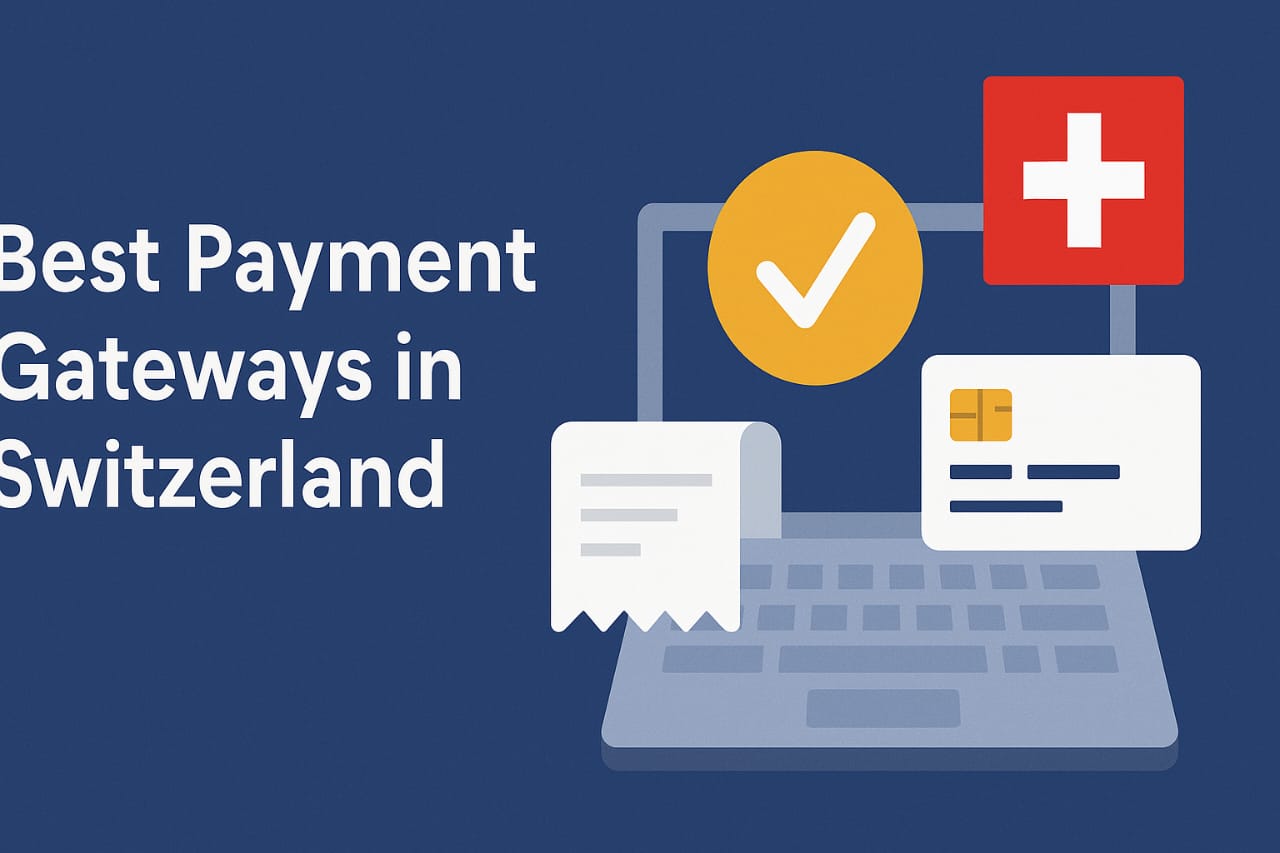

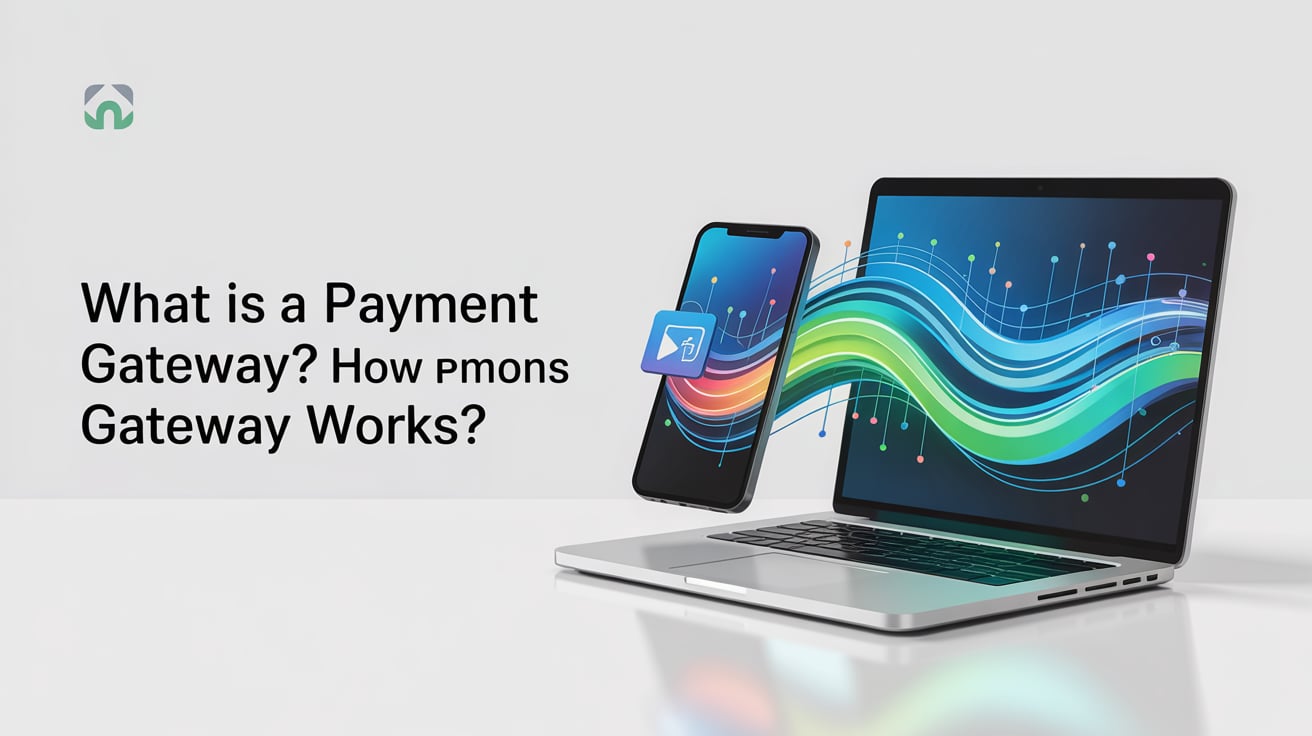
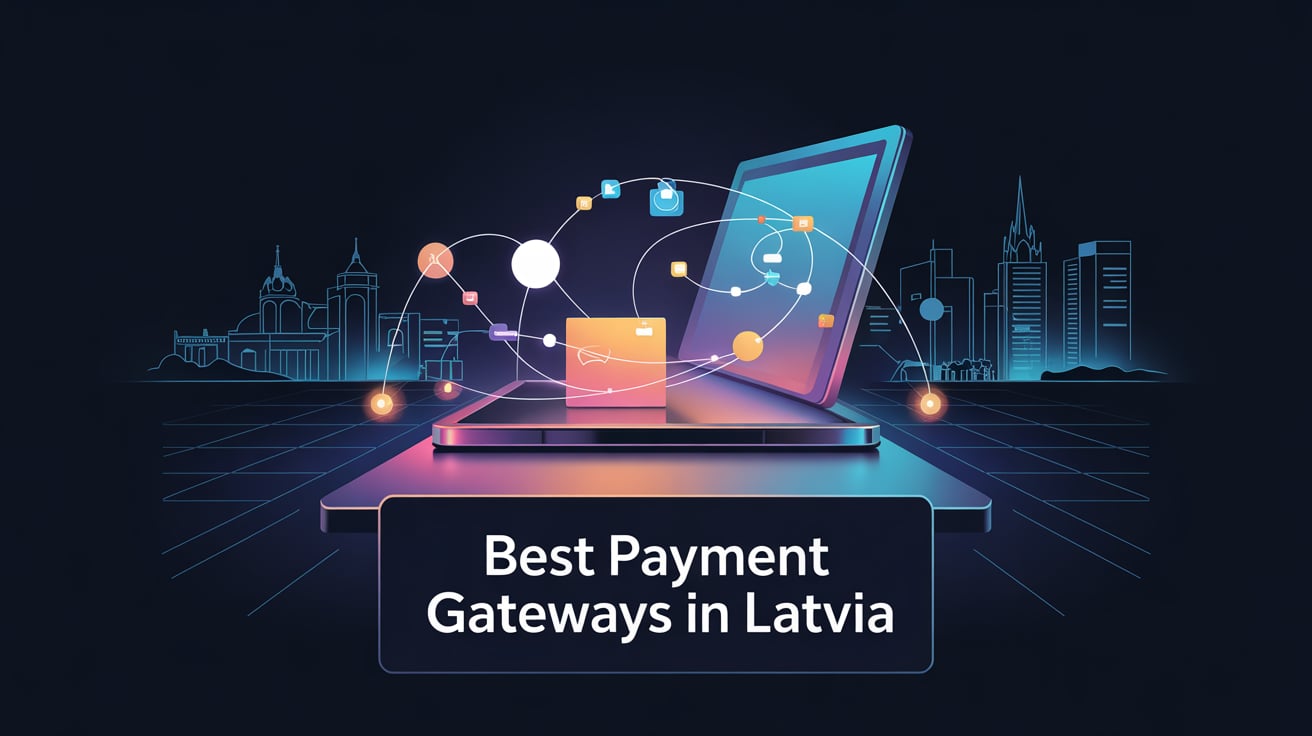

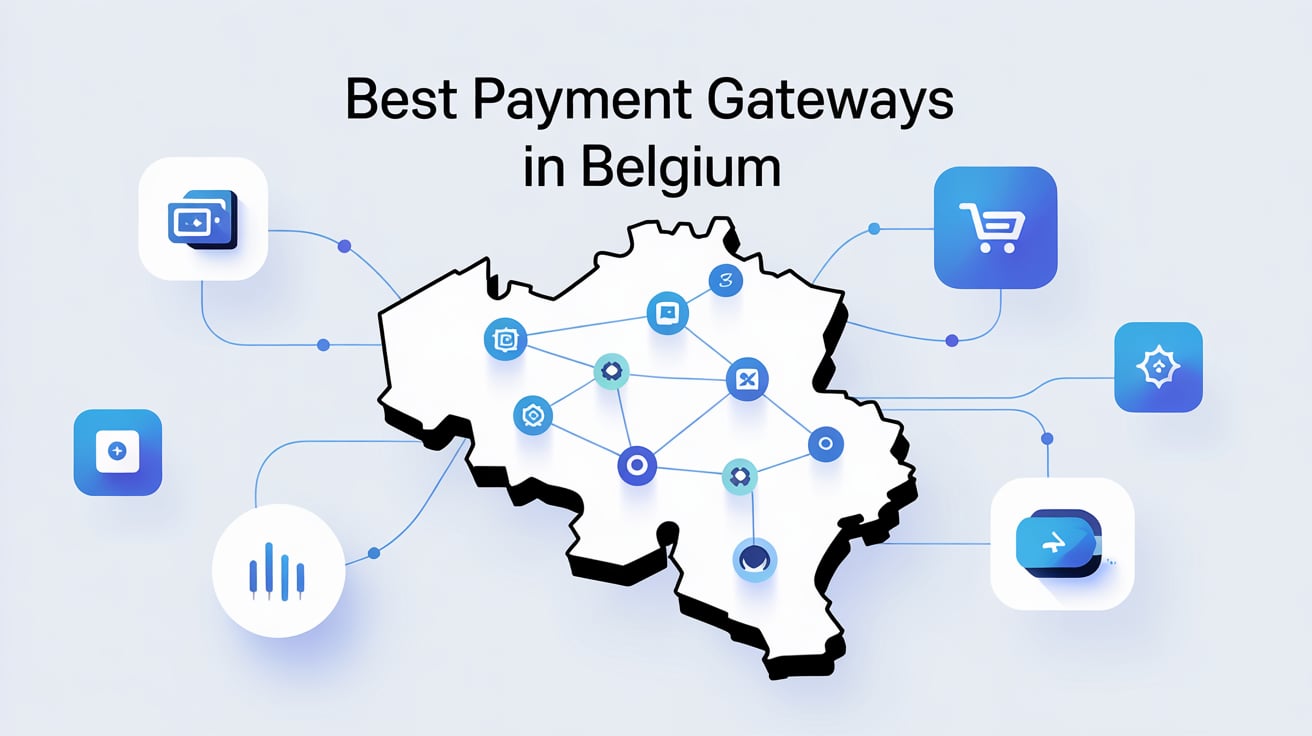

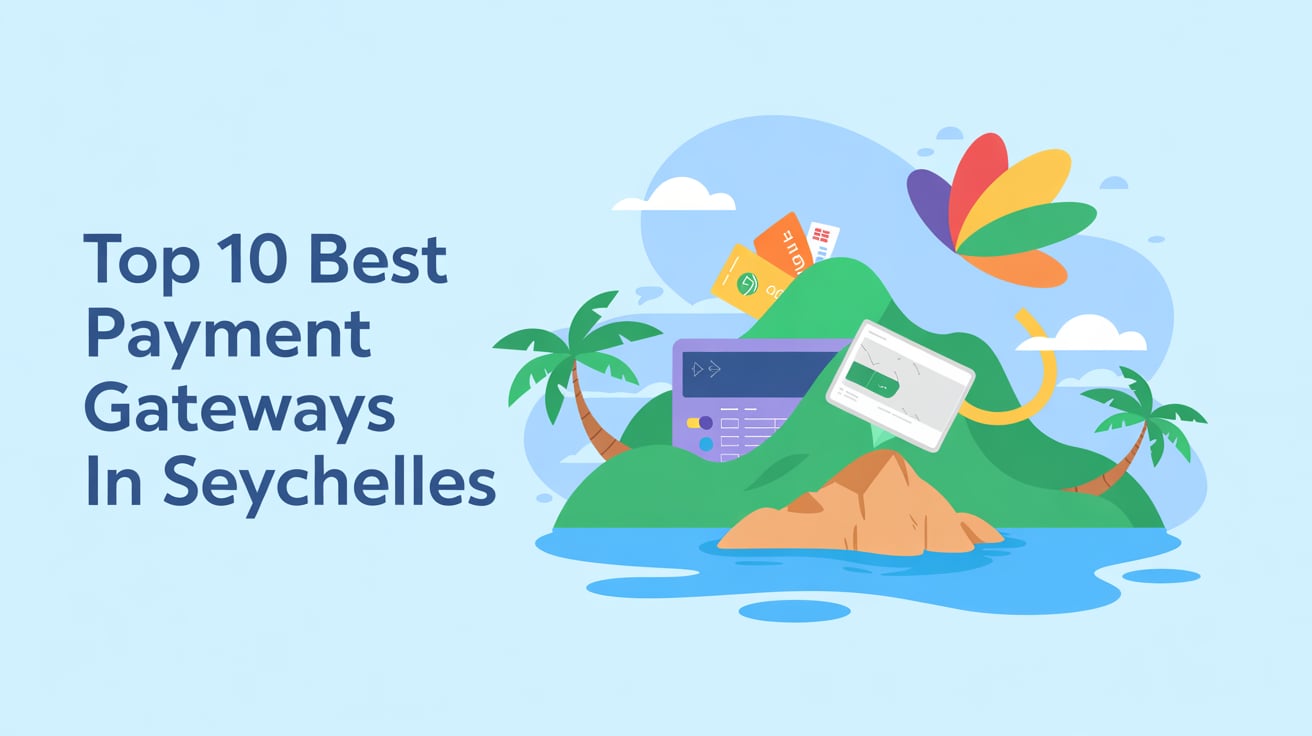
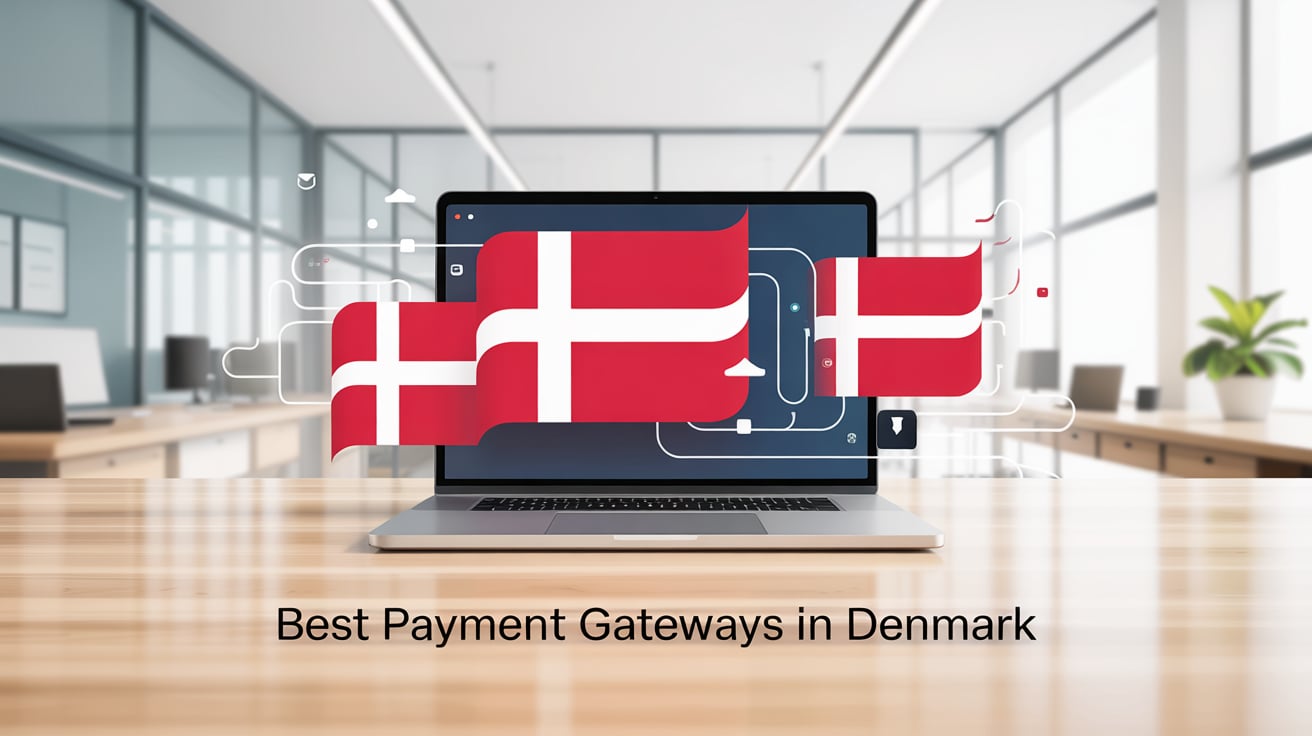
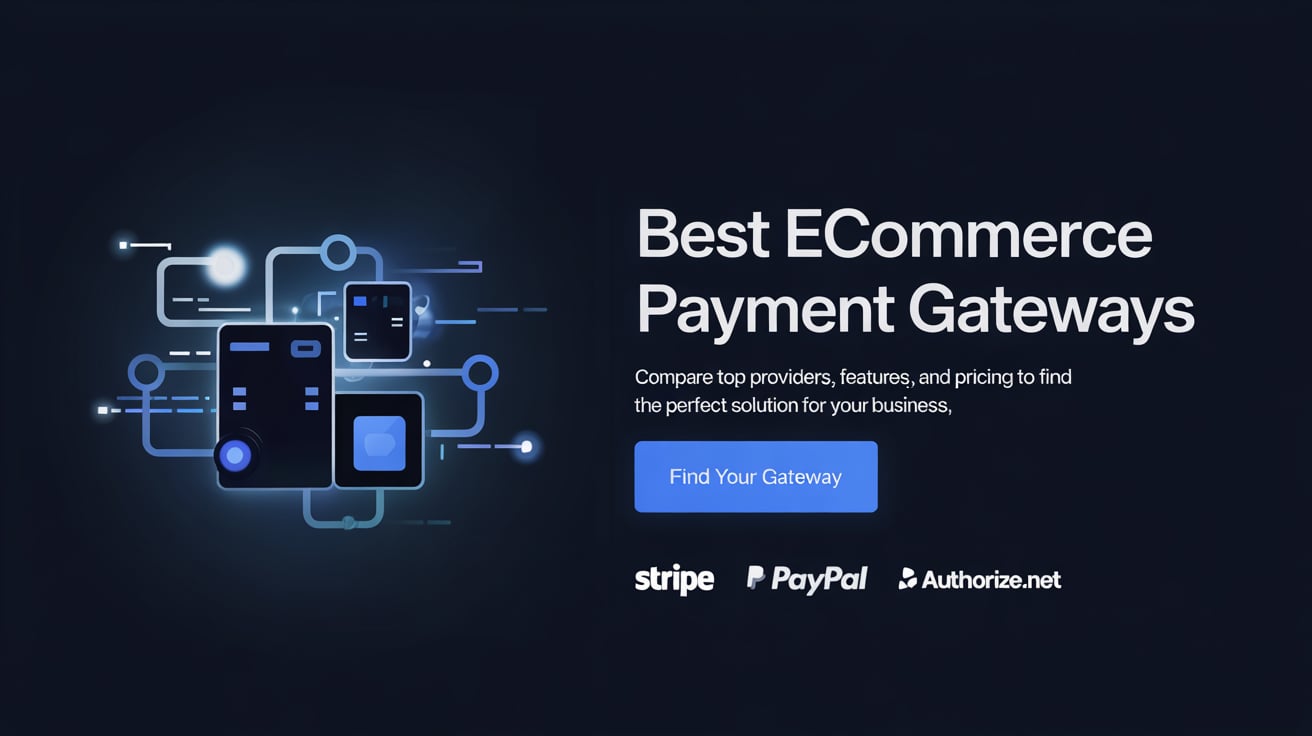
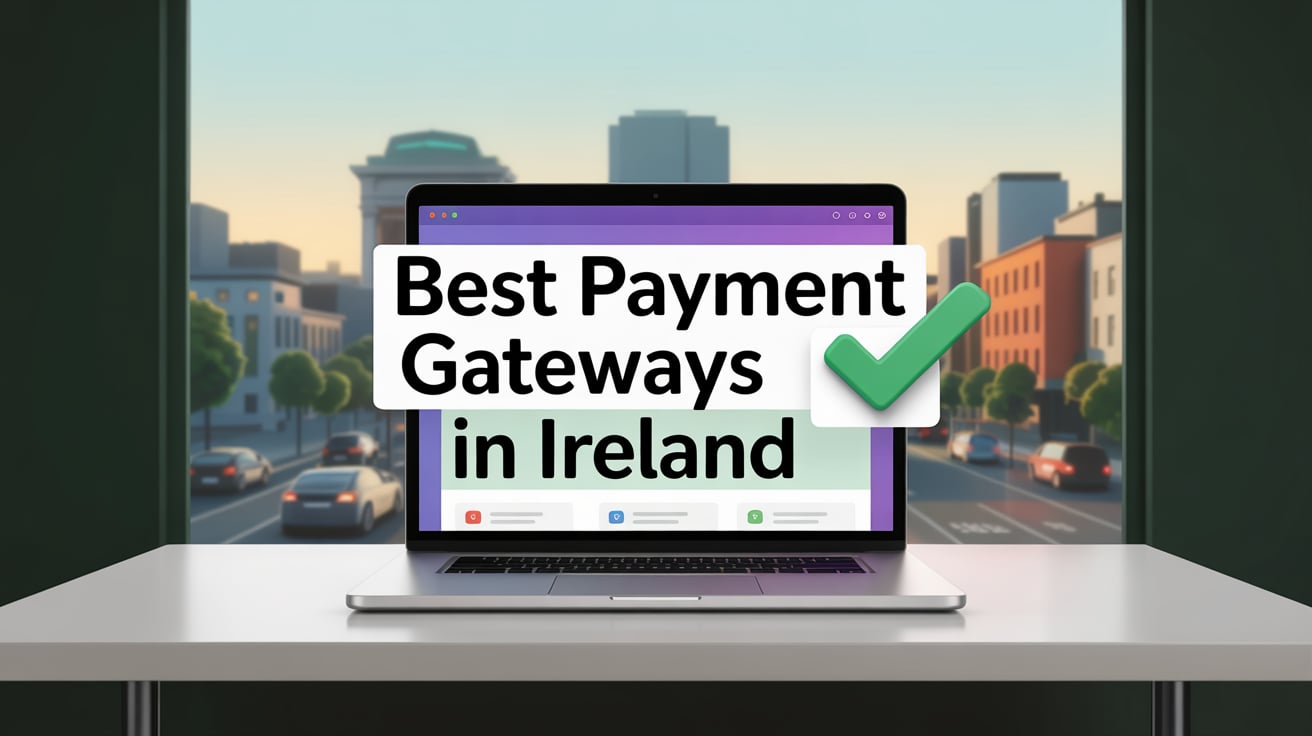



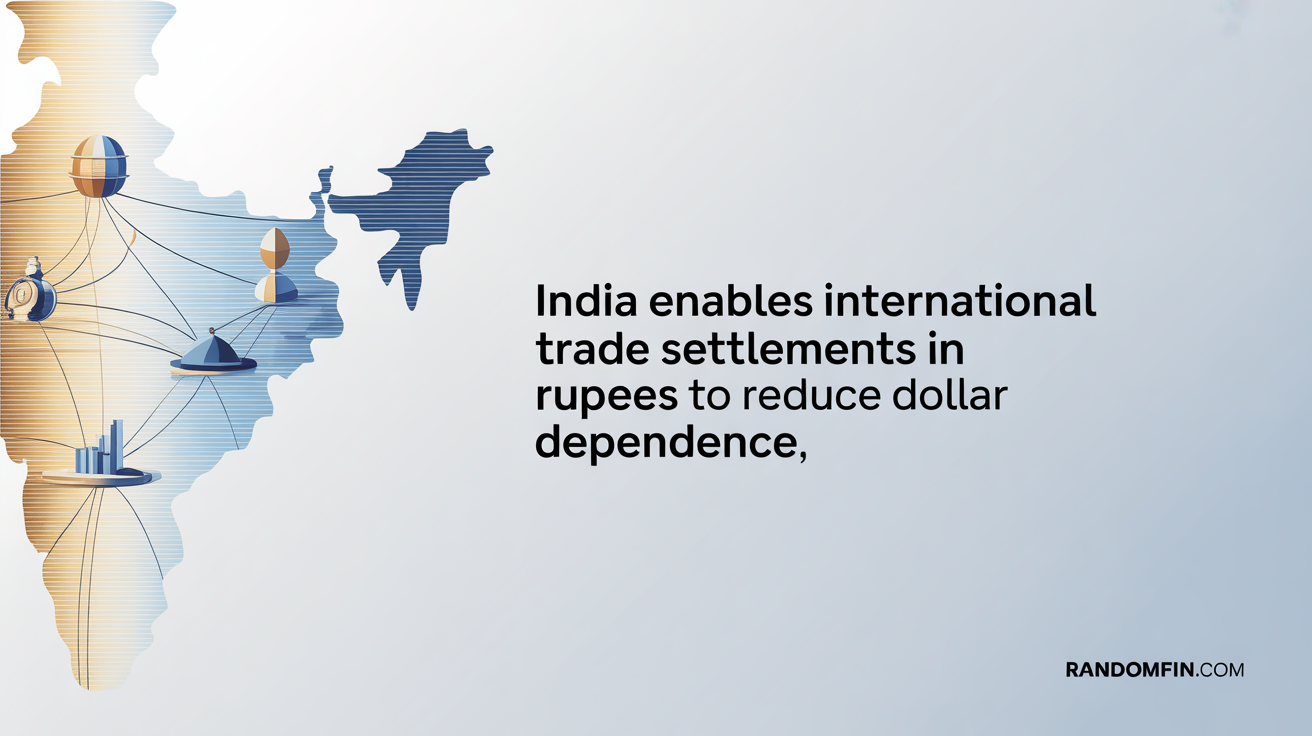
Leave a Reply